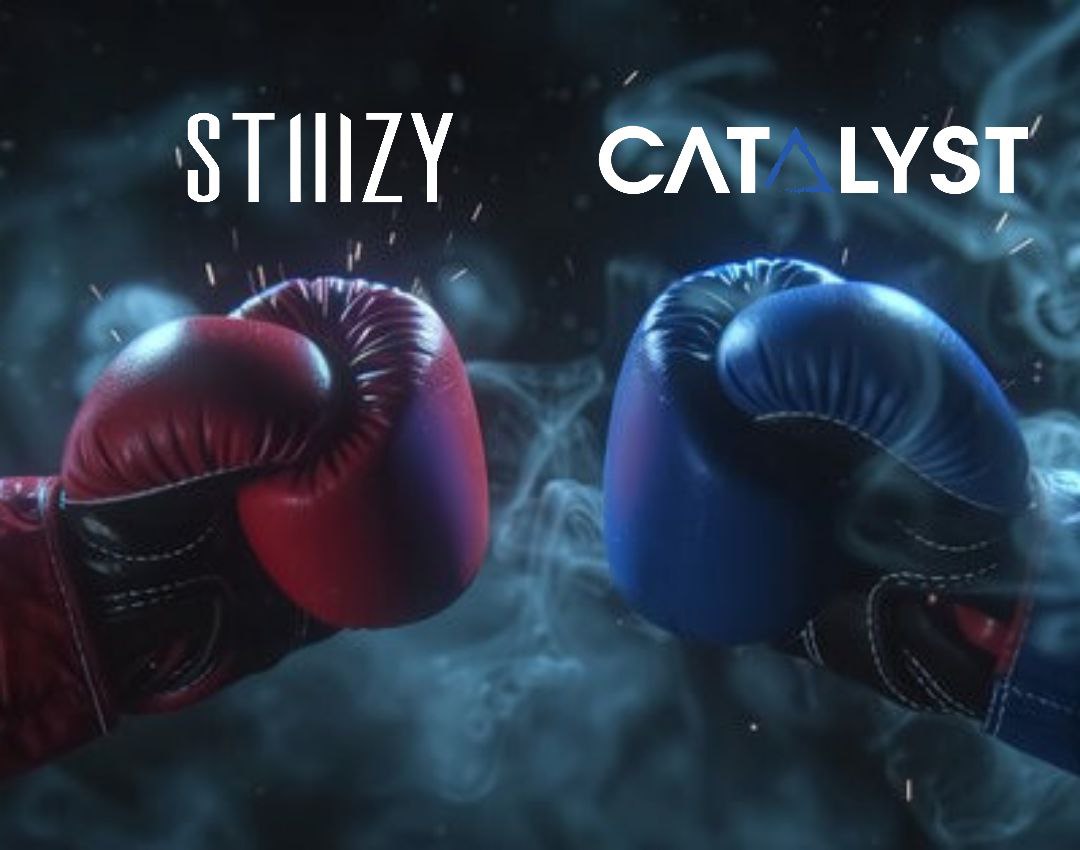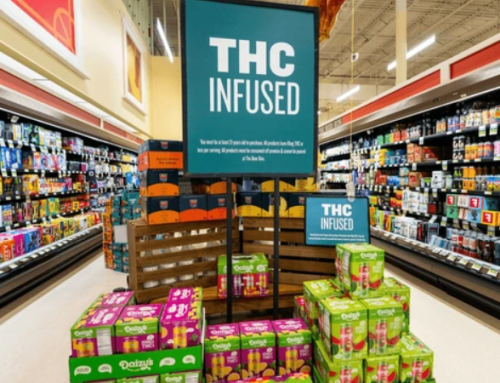Stiiizy Halts Sales at Catalyst Outlets as Leadership Clash Deepens
LOS ANGELES – Stiiizy, California’s dominant Cannabis brand with a footprint in Arizona, Michigan, and Nevada, has stopped supplying its products to Catalyst Cannabis Co. stores, marking a sharp break in what was once a key retail partnership. The move, confirmed by Stiiizy, stems from ongoing friction between the companies’ leadership teams.
The decision affects Catalyst’s network of more than 20 Southern California locations, where Stiiizy pods and cartridges had been staple offerings. Catalyst, founded in 2020 and known for its focus on vetted brands, had featured Stiiizy prominently even through regulatory challenges.
In mid-2024, amid statewide scrutiny over pesticide residues in vapes, Catalyst CEO Elliot Lewis publicly tested products from his shelves [including Stiiizy’s] and opted to continue the relationship, citing confidence in the brand’s compliance efforts.
That alliance has now fractured. Sources close to the matter describe the rift as rooted in contract disputes and differing visions for supply chain oversight, with executives on both sides trading pointed critiques in private discussions over the past year.
Stiiizy, which commands 7-8% of the state’s total Cannabis sales and leads in the vape segment, views the split as a necessary step to protect its distribution standards. Catalyst, meanwhile, has not commented publicly but has begun promoting alternative vape lines from Stiiizy’s competitors to fill the gap.
This fallout highlights a broader pattern in California’s $5 billion-plus legal market, where swift growth has fueled fierce competition between manufacturers and retailers. Stiiizy, backed by private equity and expanding into hemp-derived beverages, relies on direct control over placements to maintain its edge. Last year alone, its products brought the company $400 million in revenues, and this was just in California. Catalyst, with annual foot traffic exceeding 1 million customers, prioritizes curated selections to build loyalty, a strategy that helped it weather the 2024 pesticide recalls affecting multiple brands.
Business-wise, the split could trim Stiiizy’s shelf space by 5-7% in major urban areas, considering Catalyst’s share of licensed retail outlets. For Catalyst, losing a top seller might pressure margins short-term, though its emphasis on in-house testing could attract safety-conscious shoppers. Neither company appears poised for immediate concessions; Stiiizy’s statement framed the change as “permanent,” signaling a deliberate pivot toward exclusive deals with aligned partners.
Author: Mark Collins/HCN Editorial Staff




































